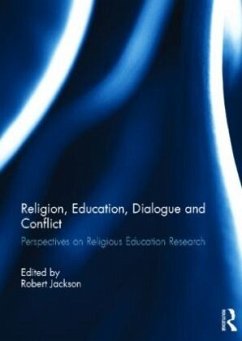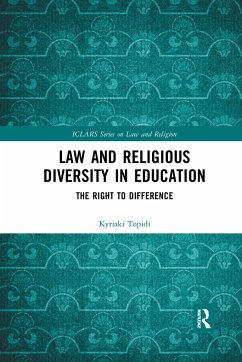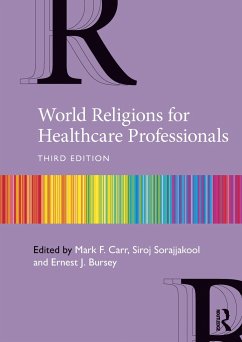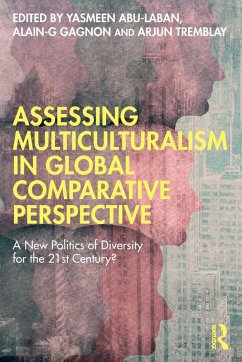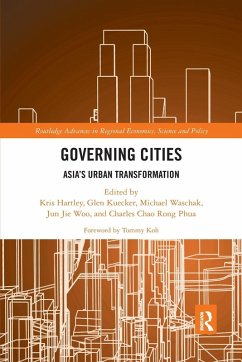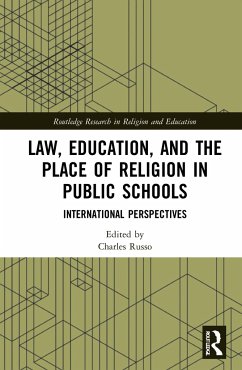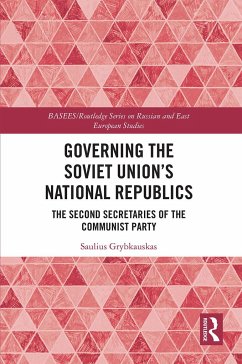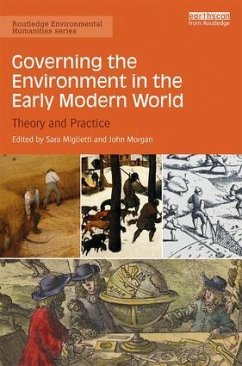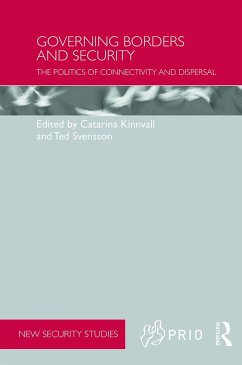
Governing Religious Diversity in Global Comparative Perspective
Global Comparative Perspectives
Herausgegeben: Modood, Tariq; Sealy, Thomas
Versandkostenfrei!
Versandfertig in 6-10 Tagen
142,99 €
inkl. MwSt.

PAYBACK Punkte
71 °P sammeln!
This book presents comparative analyses of different modes of the governance of religious diversity and state-religion connections and relations in twenty-three countries in five world regions: Western Europe, Southern and South-Eastern Europe, Central and Eastern Europe, the MENA region, and South and Southeast Asia.Debates and controversies around the governance of religious diversity have become important features of the social and political landscape in different regions and countries across the world. The historical influences and legacies, and the contemporary circumstances provoking the...
This book presents comparative analyses of different modes of the governance of religious diversity and state-religion connections and relations in twenty-three countries in five world regions: Western Europe, Southern and South-Eastern Europe, Central and Eastern Europe, the MENA region, and South and Southeast Asia.
Debates and controversies around the governance of religious diversity have become important features of the social and political landscape in different regions and countries across the world. The historical influences and legacies, and the contemporary circumstances provoking these debates vary between contexts, and there have been a range of state and scholarly responses to how, and why, particular understandings and arrangements of state-religion relations should be preferred over others. The analyses of country cases and regions presented in this volume are based on extensive reviews of secondary literature, of legal and policy landscapes, and in somecases on interviews.
This book will be a great resource for academics, researchers, and advanced students interested in in the sociology of religion, religious studies, politics and migration studies. The contributions in this volume arise out of the Horizon2020 funded GREASE project. It was originally published as a special issue of Religion, State and Society.
Debates and controversies around the governance of religious diversity have become important features of the social and political landscape in different regions and countries across the world. The historical influences and legacies, and the contemporary circumstances provoking these debates vary between contexts, and there have been a range of state and scholarly responses to how, and why, particular understandings and arrangements of state-religion relations should be preferred over others. The analyses of country cases and regions presented in this volume are based on extensive reviews of secondary literature, of legal and policy landscapes, and in somecases on interviews.
This book will be a great resource for academics, researchers, and advanced students interested in in the sociology of religion, religious studies, politics and migration studies. The contributions in this volume arise out of the Horizon2020 funded GREASE project. It was originally published as a special issue of Religion, State and Society.



